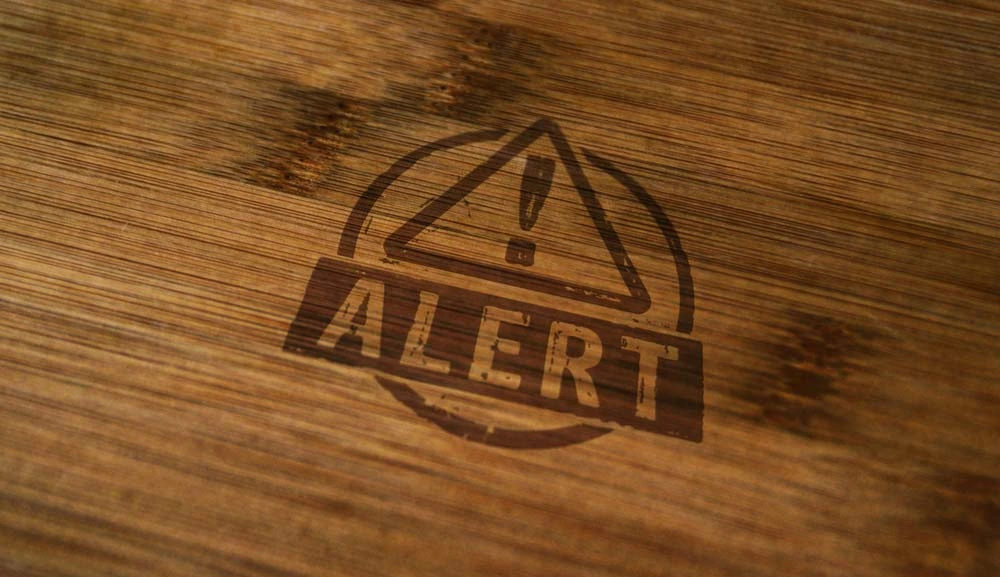If you’re planning to host on Airbnb in Santa Monica, there’s one thing you should know upfront — the city has some of the toughest short-term rental laws in California. Since the Santa Monica Short-Term Rental Ordinance passed in 2015, hosting rules have been very specific and heavily enforced. Whether you’re a homeowner or tenant, understanding the Santa Monica Airbnb rules can save you from fines and legal headaches while helping you host responsibly.
Let’s break down what’s allowed, what’s banned, and what every host needs to do to stay compliant with short-term rentals Santa Monica in 2025.
What’s Allowed Under Santa Monica’s Short-Term Rental Ordinance
Santa Monica makes a sharp distinction between home-sharing and vacation rentals.
- Home-Sharing (Allowed): You can rent out a room or rooms in your primary residence for 30 days or less, as long as you live on-site throughout the guest’s stay.
- Vacation Rentals (Prohibited): Renting out an entire property when you’re not living there — even for a weekend — is not allowed under the Santa Monica Short-Term Rental Ordinance.
This law aims to protect the city’s housing stock and prevent properties from turning into unregulated hotels. So if you’re looking to host, make sure you understand that the city only allows true home-sharing, not absentee rentals.
How to Legally Host a Short-Term Rental in Santa Monica

To legally operate under Santa Monica short-term rental rules, you’ll need two things:
- A Home-Sharing Permit
- A Business License
The good news is that Santa Monica combines both in a single application process.
Here’s what you’ll need to provide:
- Proof that your property is your primary residence
- Whether you’re the owner or a long-term tenant
- Type of dwelling and number of bedrooms
- Maximum guest capacity
- Proof of insurance
- Contact information for all hosts living in the home
- A $100 application fee plus a $4 state fee
- A signed agreement to follow all city regulations
Annual Renewal: You’ll need to renew your permit each year for $50.
For busy hosts who’d rather skip the paperwork, partnering with a local Airbnb management Santa Monica team can make this process easier — from applying for permits to managing guest stays.
Occupancy and Parking Limits
Even if you’ve got your permits, Santa Monica enforces strict limits on how many people can stay and where they can park.
Maximum Occupancy
- 10 total people (including you)
- Or one person per 200 sq. ft., whichever is less
- Two adults per bedroom (children not counted)
Parking
- One vehicle per rented bedroom
- In preferential parking zones: maximum of two visitor permits
These rules are designed to prevent noise and parking issues in residential neighborhoods. If you’re managing multiple listings or don’t live in the unit, professional support from Airbnb Property Management Santa Monica can help ensure you stay compliant while keeping guests happy.
Tax Responsibilities for Hosts
Hosting in Santa Monica means you’re considered a business operator, which comes with tax obligations.
Business License Tax
Santa Monica categorizes home-sharing under Tax Rate Group III:
- First $60,000 in gross receipts: $75 flat fee
- Above $60,000: 0.3% per $1,000
For example, if you make $75,000 in revenue, your tax would be:
- $75 (for the first $60K) + $45 (for the remaining $15K) = $120 total
If your annual earnings are below $40,000, you might qualify for a small business exemption — just make sure you pay on time.
Transient Occupancy Tax (TOT)
All Santa Monica short-term rentals are subject to a 14% occupancy tax. Airbnb and similar platforms often collect this tax automatically, but hosts are ultimately responsible for ensuring it’s paid. The only exemptions apply to government employees on official travel.
Penalties for Breaking the Santa Monica Airbnb Rules

Santa Monica doesn’t take illegal vacation rentals lightly. Violating Airbnb regulations or hosting without a valid permit can lead to:
- Fines up to $1,000 per day
- Additional penalties for repeat violations
- Legal action from the City Attorney
- Reimbursement of investigative and enforcement costs
Even advertising an illegal rental on platforms like Santa Monica Airbnb listings can trigger fines. So before you post your property online, double-check that you’re following the Santa Monica short-term rental ordinance to the letter.
Long-Term and Monthly Rental Alternatives
If your situation doesn’t fit within the city’s home-sharing rules, consider Santa Monica monthly rentals instead. Renting for 31 days or more falls outside the “short-term” definition, making it a great option for longer-term stays or corporate housing.
Hosts offering monthly stays often attract digital nomads, traveling nurses, or entertainment professionals who prefer fully furnished rentals Los Angeles and nearby areas like Santa Monica and West Hollywood.
Why Santa Monica Is So Strict About Short-Term Rentals
It’s no secret that short-term rentals Santa Monica have caused tension between residents, hosts, and policymakers. The city has consistently argued that strict enforcement helps:
- Protect long-term housing availability
- Prevent “party houses” and neighborhood disruptions
- Ensure hotels and home-shares operate on a level playing field
These rules don’t mean hosting is impossible — just that it must be done responsibly. By sticking to home-sharing and following the official permitting process, you can still host guests while staying 100% compliant.
Staying Compliant and Profitable in 2025

Hosting under Santa Monica Airbnb rules might seem intimidating at first, but once you understand the system, it’s actually straightforward. You just need to:
- Live on-site while guests stay (no entire-unit rentals)
- Secure a Home-Sharing Permit and Business License
- Pay applicable business and occupancy taxes
- Respect parking and occupancy limits
- Renew your permits annually
Following these steps keeps you within city law and avoids hefty fines.
The Santa Monica short-term rental ordinance isn’t meant to discourage hosting; it’s designed to maintain balance between tourism and housing needs. So if you’re planning to host, make sure your property meets the requirements and that you’re properly licensed.
By the way, if you’d rather focus on guest experience instead of city forms, professional help from Airbnb property management in Los Angeles experts like Guestable can make your hosting experience smoother and fully compliant.
At the end of the day, whether you’re running a cozy home-share near the pier or offering Santa Monica monthly rentals, following the rules ensures both your peace of mind and your guests’ satisfaction.
Frequently Asked Questions
Yes. Platforms like Airbnb often collect and remit the Transient Occupancy Tax (TOT) on behalf of hosts. However, hosts are ultimately responsible for ensuring taxes are paid correctly, so keeping records and verifying payments is essential.
